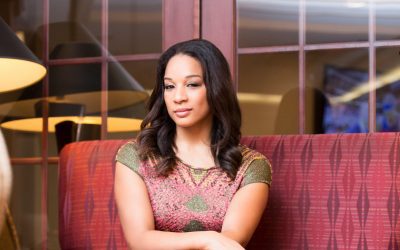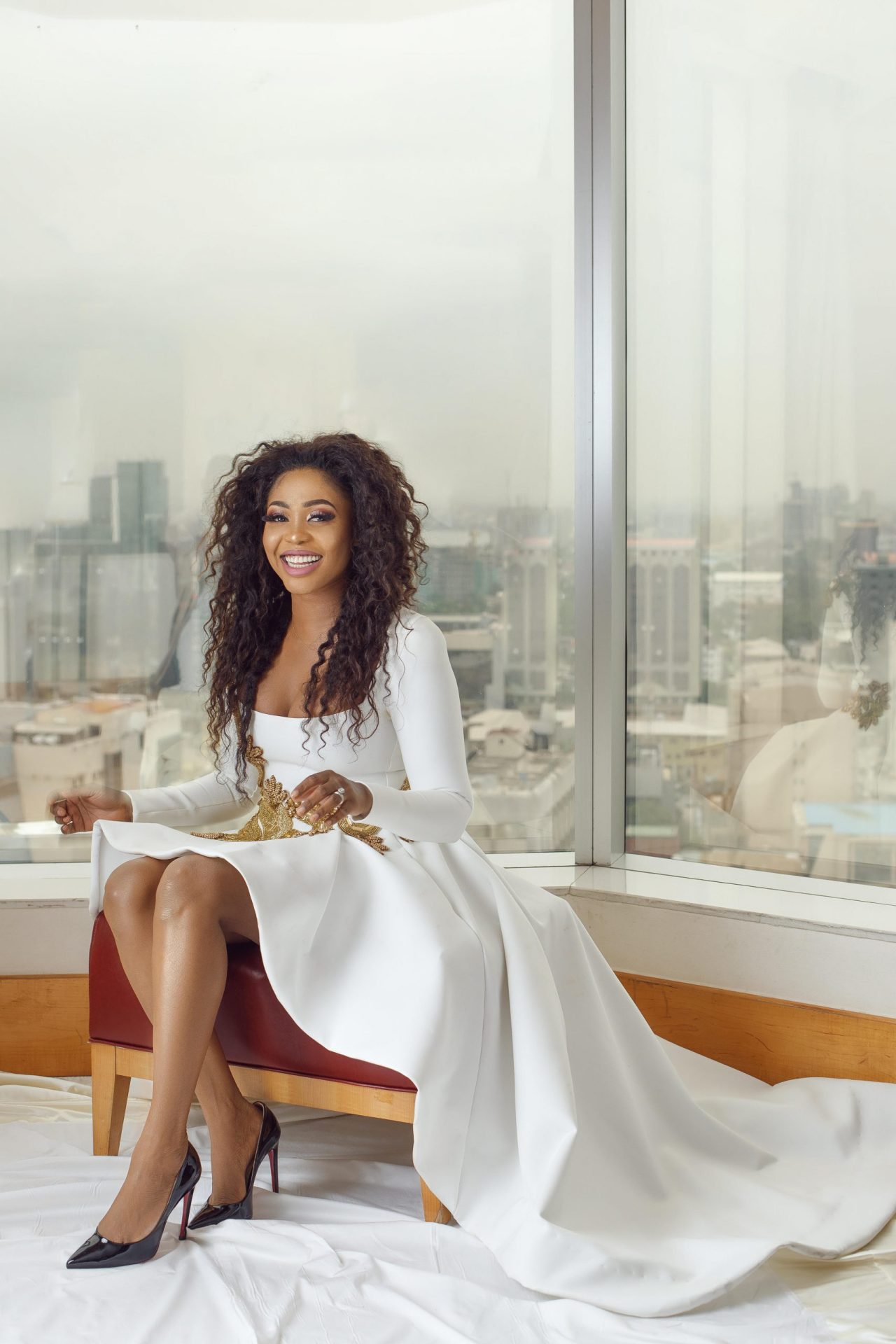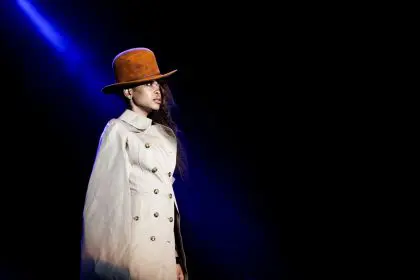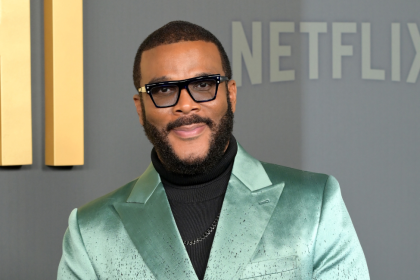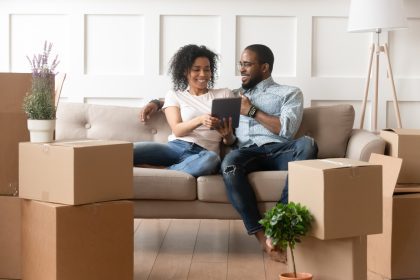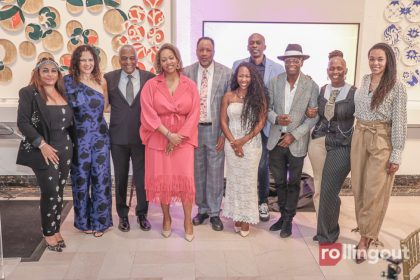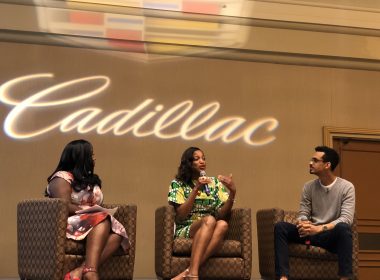
Upshaw believes the bouncers change the dress code as they wish, giving them the ability to turn people away inconsistently. Kung Fu’s dress code is not posted anywhere, however since Upshaw’s experience last week, Kung Fu has posted a dress code.
Dallas city code 31-3 states that dress code rules must be posted “in writing in a conspicuous, clearly visible location outside each public entrance.”
Upshaw says eight other black people were denied access the same night for varying dress code reasons. And to be clear, while Kung Fu is the primary focus of angst, other establishments in the Uptown area use similar tactics to keep people of color out.
The feeling among young blacks who try partying in Uptown, as expressed in interviews with Unfair Park, publicly at the protest, and on social media, is that there’s some kind of arbitrary limit set at the clubs. Blacks are allowed in bars, but just not too many, and the bouncers hide behind the dress codes as an excuse. “If it gets too dark inside they don’t let you in,” says Amaechi Egwuagu, giving his take on the whole scene. “I don’t even bother with Uptown no more [sic].”
Backed by social media, Upshaw has posted his story to Facebook and Twitter. Initially, local students joined in by promoting the hashtag #NoKungFu created by Dallas resident Tiffani Robinson. But since the incident occurred earlier this month, the movement has spread and uncovered many other similar incidents at Kung Fu saloons in the state, including Houston and Austin. Additionally, Upshaw has been featured on several local and national news platforms, spreading the word and provoking thought. On May 21, Upshaw took his message to the streets in an organized protest of sorts, where he rallied several hundreds who are fed up with the treatment of African Americans as well as other minorities in Uptown and, more specifically, Kung Fu Saloon.

